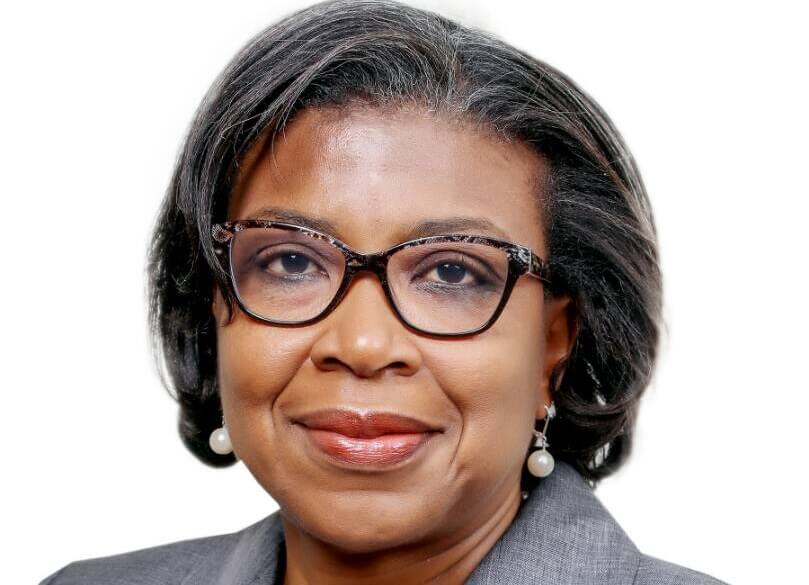The Federal Government has said that Nigeria’s borrowings continue to rise because of underperformance in revenue generation.
Director-General, Debt Management Office (DMO), Patience Oniha disclosed this at a public hearing organised by the House of Representatives’ Committee on Finance in Abuja on Monday.
The public hearing was organised as part of a stakeholders’ meeting on the 2022-2024 Medium Term Expenditure Framework and Fiscal Strategy Paper upon which the nation’s 2022 budget will be based.
Oniha elucidated on some points made in an earlier presentation made by the Minister of Finance, Mrs. Zainab Ahmed.
She said, “I think one of the things that have come out from the presentation from the honourable minister is, much as we have been conservative in projecting revenues, we still see that we are underperforming in revenue.
Read Also: Signing Of PIB Does Not Remove Fuel Subsidy – Sylva
“So, it means that we are relying increasingly on borrowings to finance the activities of the government. And if you look at the figures from last year when the budget was revised because of COVID-19, we can see that the borrowing levels are going higher.
“So, what that means is that the debt stock as expected will keep rising and debt service will also keep increasing, as shown in the presentation. I just thought I should highlight that this is primarily where the debt stock is growing from, and the debt service, which means that we are also servicing, taking from the revenue which has not grown as expected. I thought I should highlight that because there is a lot of concern about debts. But really, this is the source and we can see the trend.
“So, to respond to your question is to say that we have looked at it; just note some numbers in the MTEF, just looking at where the public debt stock is today and what we project it to be, based on the new borrowings provided for in the MTEF; debt stock will grow naturally – look at the trillions of new borrowings there – and we see that debt to GDP as well will also grow.
“The committee may be aware that early this year, the public debt to GDP ratio was increased to 40 per cent primarily because of the increases in new borrowings and other activities of the government.
“So, debt to GDP will also grow over the period but we are still within the limit of 40 per cent that was approved in February. I just said I should highlight these.”
Chairman of the committee, Hon. James Faleke thanked the DMO DG for explaining the nation’s borrowing spree, noting that Nigerians had been criticising the present administration harshly because of it.
“It is important that I ask that question because Nigerians just believe that we are borrowing, borrowing and borrowing; some even said we might even be speaking Chinese. But it is good that you (Oniha) have cleared the air,” Faleke said.



Leave a Reply